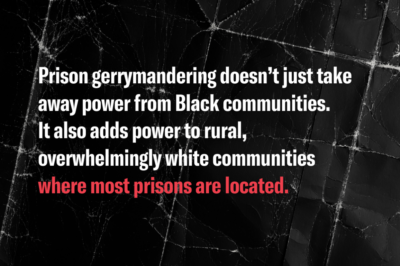Rhode Island Clears Path to Restoring Felon Voting Rights
FOR IMMEDIATE RELEASE
Contact: media@aclu.org
ACLU Commends Actions of State Legislature
PROVIDENCE, RI — In response to a strong lobbying effort by a coalition of civil rights organizations, including the American Civil Liberties Union, the Rhode Island legislature today approved legislation paving the way for a Constitutional amendment to restore voting rights to probationers and parolees.
“The legislature has sent a clear message that voting is a fundamental right that should not be stripped away from people who are working, paying taxes and contributing to their communities,” said Steven Brown, Executive Director of the ACLU of Rhode Island.
The proposed constitutional amendment, sponsored by Rep. Joseph Almeida and Sen. Harold Metts, would appear on the 2006 general election ballot. If approved by voters, it would amend the state Constitution to allow felons to vote upon release from prison. The Constitution presently bars convicted felons from voting until they have served the entirety of their sentence, including probation and parole.
“Expanding our democracy, as the proposed amendment would, is in everyone’s interest — it promotes rehabilitation and increases voter participation, both cornerstones of America’s criminal justice and electoral systems,” said Laleh Ispahani, the national ACLU’s Felon Re-enfranchisement Fellow.
Minority communities in the state disproportionately bear the burden of voter disenfranchisement, with one in five black men and one in 11 Hispanic men ineligible to vote, according to a report by the Rhode Island Family Life Center. The organization also reports that Rhode Island disfranchises a greater percentage of its African American residents than Mississippi, Georgia, Texas and 34 other states. With long probation sentences increasingly the norm in Rhode Island, some felons are prevented from voting for decades after they have reentered the community. The Family Life Center estimates that of the 15,500 disenfranchised felons in the state, 86 percent are not incarcerated and would be re-enfranchised by the proposed amendment. According to the Center, since 1987 the number of Rhode Island citizens barred from voting has increased nearly 70 percent.
In lobbying for passage of the bill, the Right to Vote coalition, which includes the ACLU, emphasized the impact of widespread disenfranchisement on urban communities in particular. Felon voting rights vary from state to state, with Rhode Island’s current law the most restrictive in New England. If approved by voters, Rhode Island will join 16 other states that allow felons to vote upon completion of their prison sentence.
“We are confident that come 2006, the voters will recognize that increased access to the electoral process benefits us all,” said Brown.
Stay Informed
Every month, you'll receive regular roundups of the most important civil rights and civil liberties developments. Remember: a well-informed citizenry is the best defense against tyranny.




